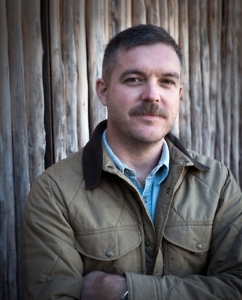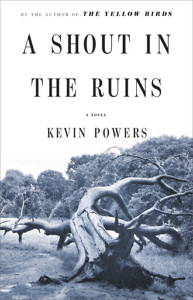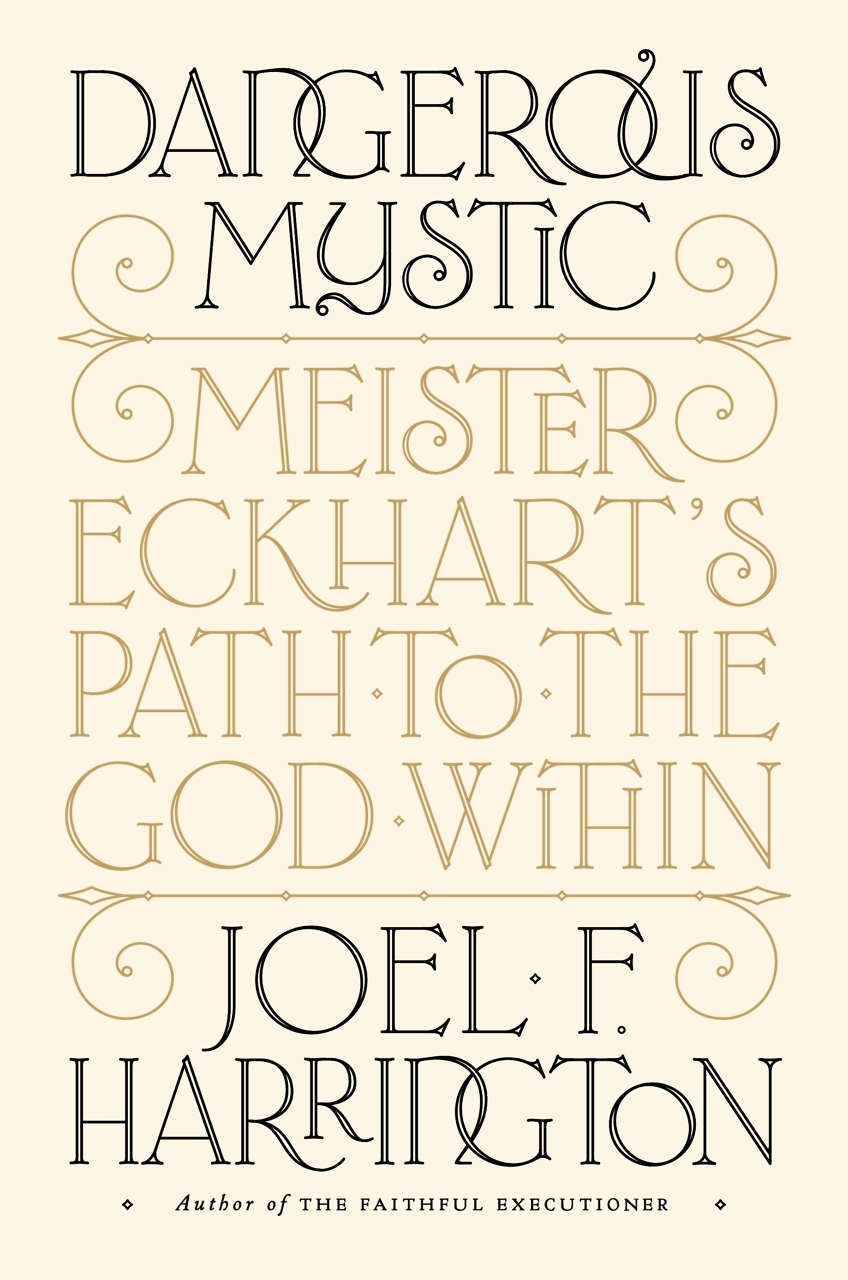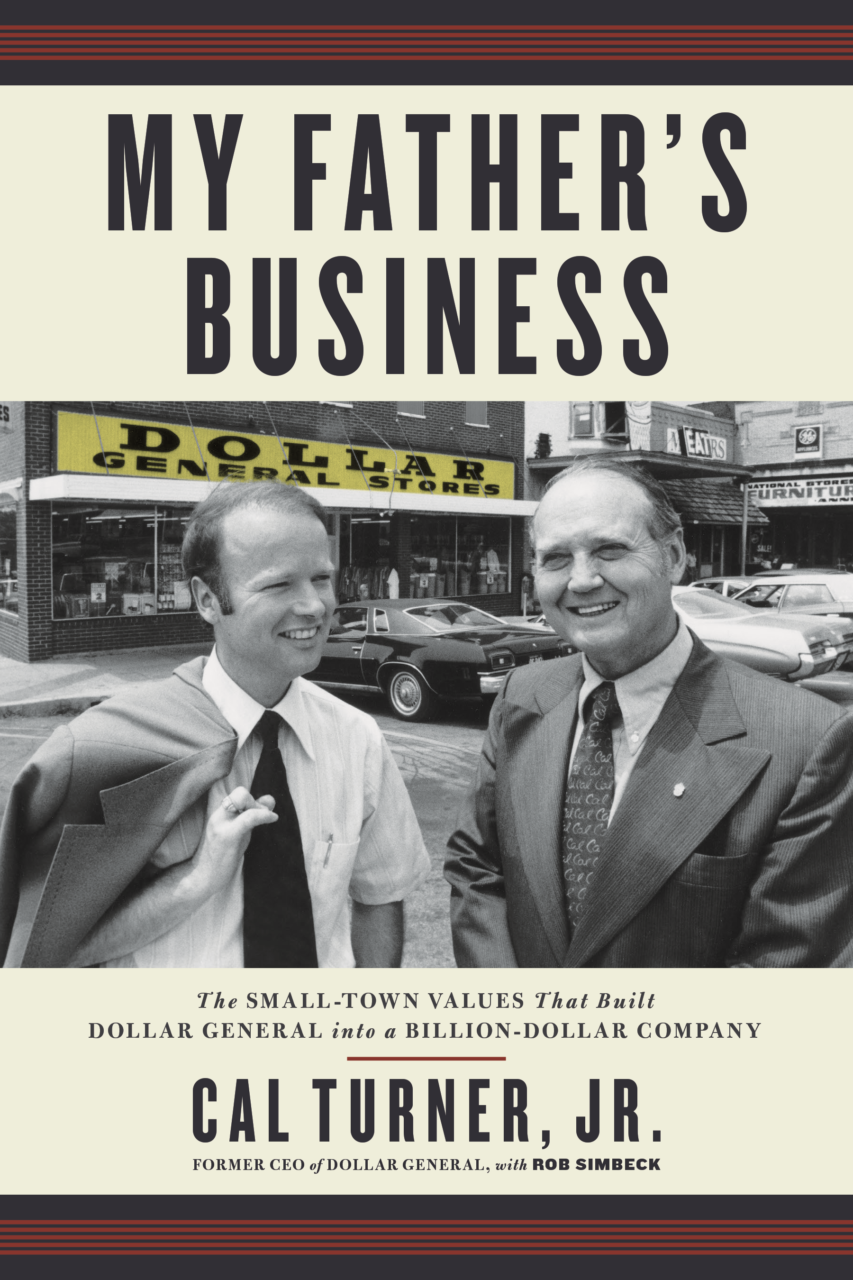An Idea No One Considered Making an Argument Against
Kevin Powers, author of the acclaimed Iraq War novel The Yellow Birds, returns with A Shout in the Ruins
“The truth has a funny way of making its way in the world,” writes Kevin Powers in his new novel, A Shout in the Ruins. “It was here before we crawled out of the sea. And it watched us from the tall grasses when we were naked and wandered the savanna and slept beneath the baobab trees. When there is one man or one woman left on earth, and they have sung their song and sit waiting for its answer, it will be listening. It does not need assent the way we do.”

In A Shout in the Ruins, Powers explores some very painful truths about the human compulsion toward violence and empire—plantations built by enslaved people, railroads plowing through the wreckage of the postbellum South, or interstate highways displacing the poor of mid-twentieth century Richmond.
Powers came onto the literary scene in 2012 with the powerful debut novel, The Yellow Birds, among the first and most acclaimed of the novels and literary memoirs written by veterans of the Iraq and Afghanistan wars. The Yellow Birds stood out as much for its stark, understated lyricism as for its sensitive exploration of the effects of war on human character and identity.
As must be the case with many, if not most, war-veterans-turned-fiction writers, Powers faced the dilemma of where to go next as a writer: back to the bedrock experience, a la Tim O’Brien, or on to test his formidable gifts in a new milieu. He chose the latter, turning to the Civil War in A Shout in the Ruins. One senses him consciously shaking off the dust and sand of the desert for his native Virginia. Still, there are echoes of the first novel in the new book’s structure—the narrative toggles between the Civil War era and the mid-twentieth century as the interstate highways are being built in and around Richmond—and in the book’s focus on the moral and human costs of war.
 Powers broadens his scope here by exploring three levels of society across the Civil War and its aftermath. The planter class is represented by Anthony Levallois, a ruthless railroad baron, and Emily, the reluctant bride he treats as “both a past and a future that could be possessed.” The enslaved people of the story are Nurse, a midwife, and Rawls, a slave willing to risk anything for love. George Seldom, an aging black man in 1950s Richmond, carries the consequences of slavery into the new century. Displaced from his home by the construction of the Richmond-Petersburg Turnpike, he decides to use what’s left of his life to solve the mystery of his origins.
Powers broadens his scope here by exploring three levels of society across the Civil War and its aftermath. The planter class is represented by Anthony Levallois, a ruthless railroad baron, and Emily, the reluctant bride he treats as “both a past and a future that could be possessed.” The enslaved people of the story are Nurse, a midwife, and Rawls, a slave willing to risk anything for love. George Seldom, an aging black man in 1950s Richmond, carries the consequences of slavery into the new century. Displaced from his home by the construction of the Richmond-Petersburg Turnpike, he decides to use what’s left of his life to solve the mystery of his origins.
He might consider it a backhanded compliment, but Powers writes war well. The tragic chaos of it all rings as true in sentences on the battlefields of Virginia as on the rooftops of Mosul. In the more dreadful moments, Powers pulls back from the philosophical style that dominates the narrative and lets the grim details do the work: when the litter-bearers arrive to haul a young soldier back to the field hospital, Powers writes, “He wanted to ask them to grab his ring off the hand that was still resting in the grass, but found himself weeping, overcome with pain. As they took him away he watched the scavengers pick the pockets of the dead.”
Powers is writing very consciously in the tradition of Cormac McCarthy, a master of nihilism who once famously said that “the human species has not improved one iota since the Stone Age.” Like McCarthy, Powers is inclined to philosophize about violence and natural depravity, but when he allows his sensitivity to nature and humanity’s fraught relationship with it to take center stage, he delivers scenes and sentences as fine as any you are likely to encounter anywhere. A Shout in the Ruins packs an emotional wallop and amply proves that Mr. Powers is no one hit wonder. He’s here to stay.

Ed Tarkington’s debut novel, Only Love Can Break Your Heart, was published by Algonquin Books in January 2016. He lives in Nashville.


